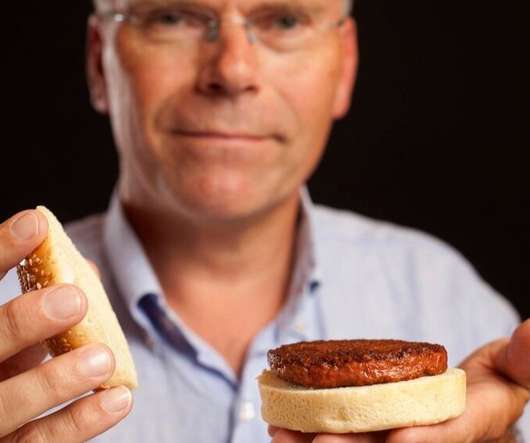These changes to our food systems could improve human and planetary health
GreenBiz
OCTOBER 26, 2020
One juicy hamburger for you equates to (about) 600 gallons of water consumed, 0.126 pounds of methane released, 13.5 We have access to myriad documentaries and books aimed at increasing awareness. The chief impediment is that the gain is private, yet the cost is public. Conscious consumers give me hope.















Let's personalize your content